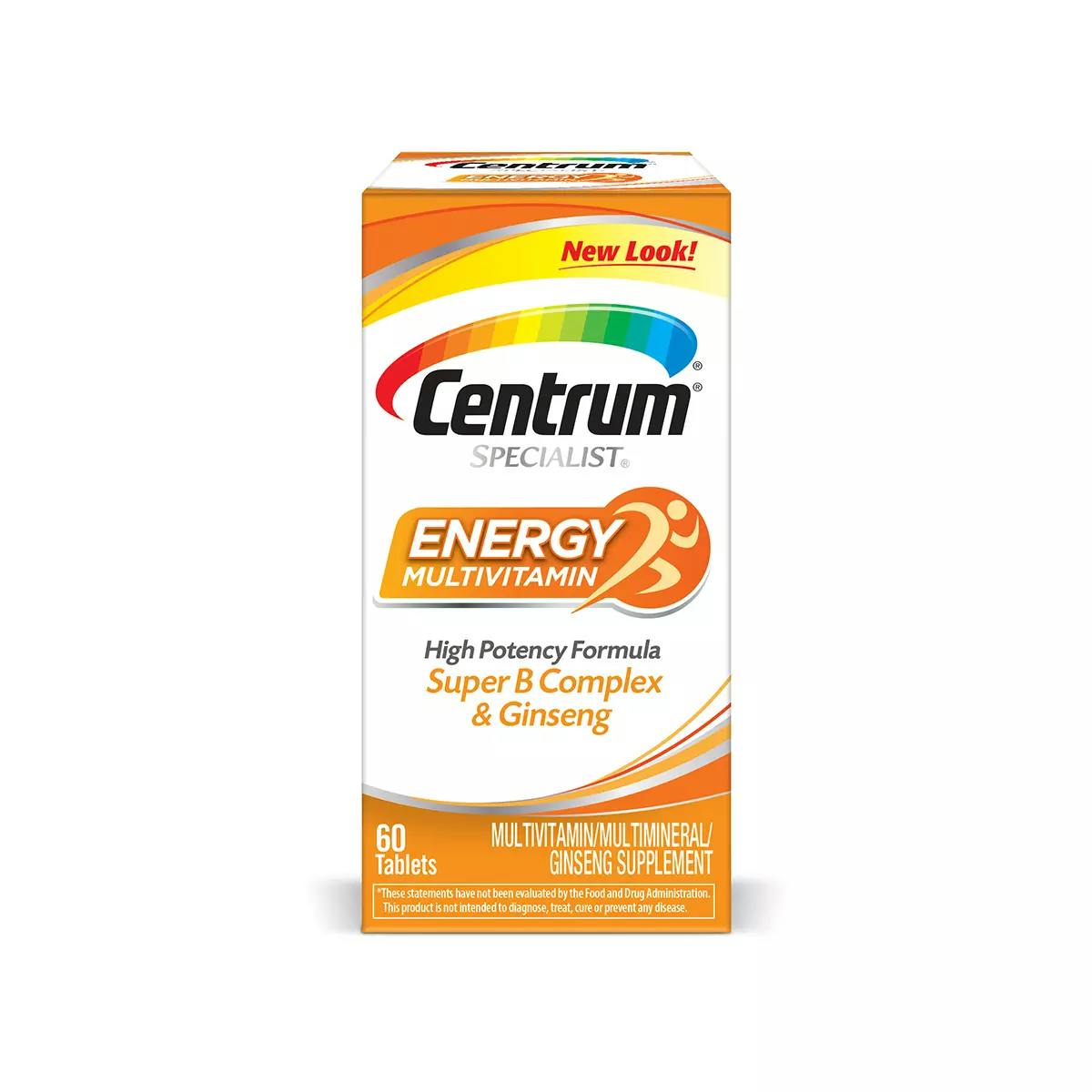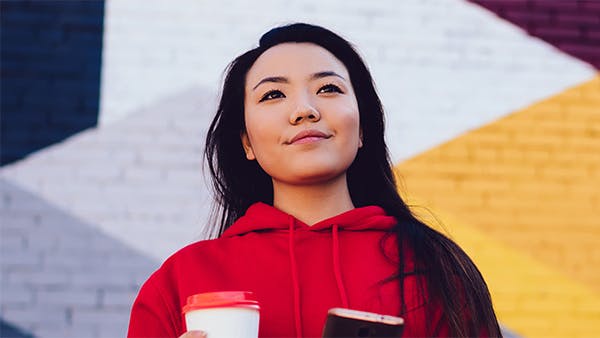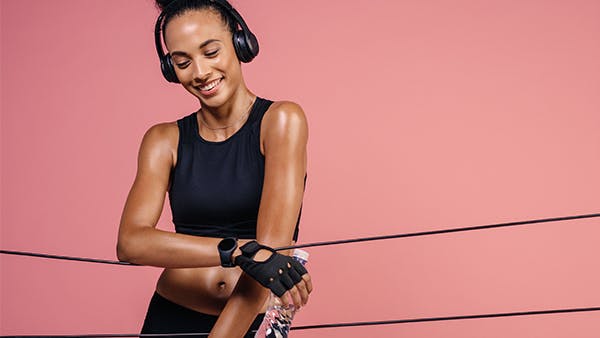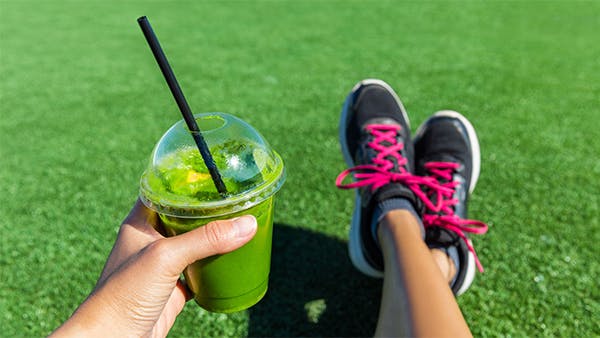5 Vitamins for Women Over 50
Contributed by Elizabeth Ward, MS, RD
Getting older can be overwhelming, but it doesn’t have to be if you’re taking care of yourself. If you look at the nutritional requisites for women above 50 years of age, some nutrients have higher daily recommended intakes and some you may need a little less.
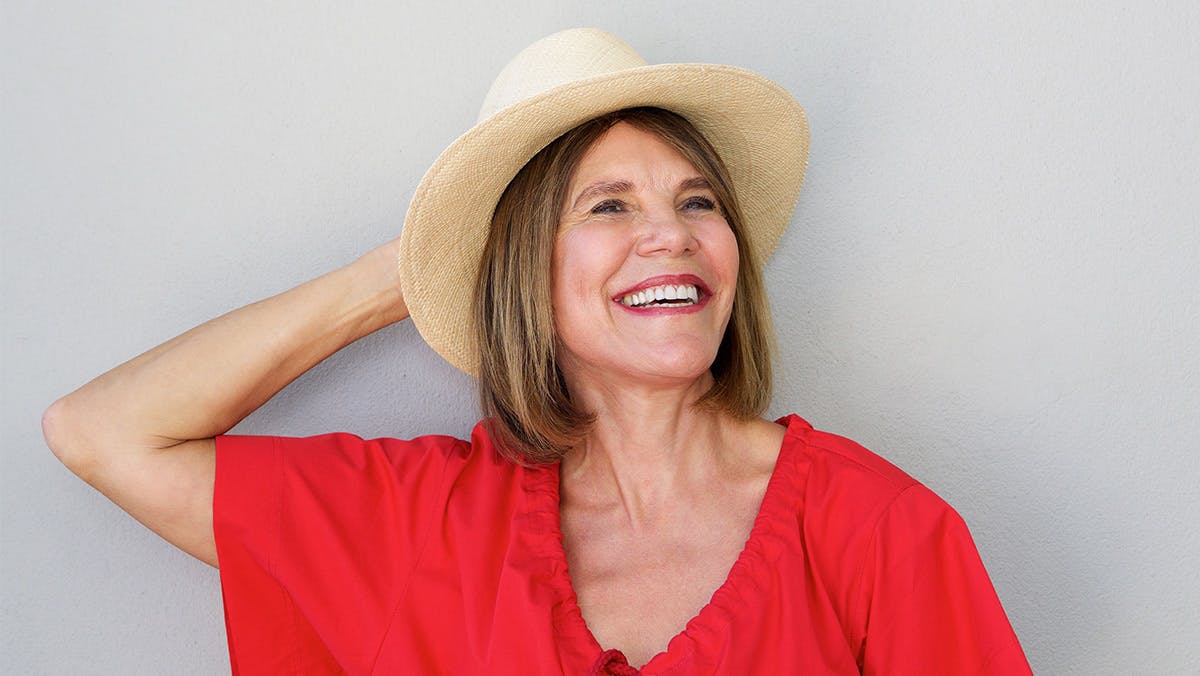
Caloric needs decrease as we get older due in part, to gradual muscle tissue loss. Muscle burns more calories than fat. Less physical activity further reduces your caloric needs.
While calorie requirements decrease, suggested intakes for certain vitamins and minerals also change. Here are the important nutrients women can get from food, multivitamins, and other dietary supplements when necessary, to feel their best.
50+? What You Need Now
1. Calcium
Menopause means a loss of estrogen, a hormone that assists the body’s absorption of calcium from foods and dietary supplements and helps to keep calcium in your bones to boost their strength.
To help slow the rate of bone loss that can lead to osteoporosis, experts suggest increasing daily calcium intake from 1,000 milligrams a day to 1,200 milligrams after age 50—about the equivalent of four eight-ounce glasses of milk or other dairy foods.¹ Many women don’t consume the calcium they need before age 50, and they may not meet the increased requirements after 50, either.
2. Vitamin B6
Vitamin B6 may not get much attention, but it’s important for heart health, energy production, and support for the nervous system. Vitamin B6 needs to increase after age 50, and some studies suggest that older people may need more than the current recommended levels of vitamin B6.
Animal foods, such as meat, poultry, and fish are among the richest sources of vitamin B6, and many breakfast cereals contain added vitamin B6. If you avoid vitamin B6-rich foods, or eat small portions of them, you may not be getting enough of this important nutrient.
3. Iron
Red blood cells need iron to produce enough hemoglobin, the protein that enables red blood cells to carry oxygen throughout the body. Bleeding causes iron loss, and many women in their childbearing years experience iron deficiency.
Iron deficiency is uncommon among postmenopausal women, largely because their monthly periods, and therefore iron losses, have ceased. Suggested iron intakes drop by more than half after menopause, which in many women starts around age 51.
Iron is found in foods such as meat, poultry, fish and fortified grains.
4. Vitamin D
You don’t need more, or less, vitamin D after age 50, but this nutrient is worth talking about because many people do not get the required amount at any age. Vitamin D aids in calcium absorption, and like calcium, it helps reduce bone loss and the risk of fractures. Vitamin D may also play a role in heart health—a growing priority as you age.
This nutrient is present naturally in high amounts in fatty fish and fortified foods, such as orange juice and milk. However, it would take about six eight-ounce glasses of vitamin-D-added milk or juice to meet your daily needs. That’s why many women need to shore up their eating plans with vitamin D supplements to help meet the recommended intake.
5. Vitamin B12
Vitamin B12 is necessary for producing red blood cells, making DNA, and digesting properly, among other important functions. Age does not alter vitamin B12 needs, but it does determine the type of vitamin B12 you should consume.
After 50, an estimated 10 to 30 percent of people absorb less of the naturally occurring vitamin B12 from foods, such as meat, milk, and eggs. That’s because the body produces less stomach acid, which is necessary to absorb vitamin B12 in its natural form. Synthetic vitamin B12, the type added to fortified foods and dietary supplements, can be absorbed without stomach acid.
If it’s difficult to meet all the changing requirements, multivitamins and supplements are there for extra help, but look to your diet as your primary source for essential vitamins and minerals
Elizabeth Ward, M.S., R.D., is a writer and a nutrition consultant who specializes in family nutrition, women's health, and weight control.


